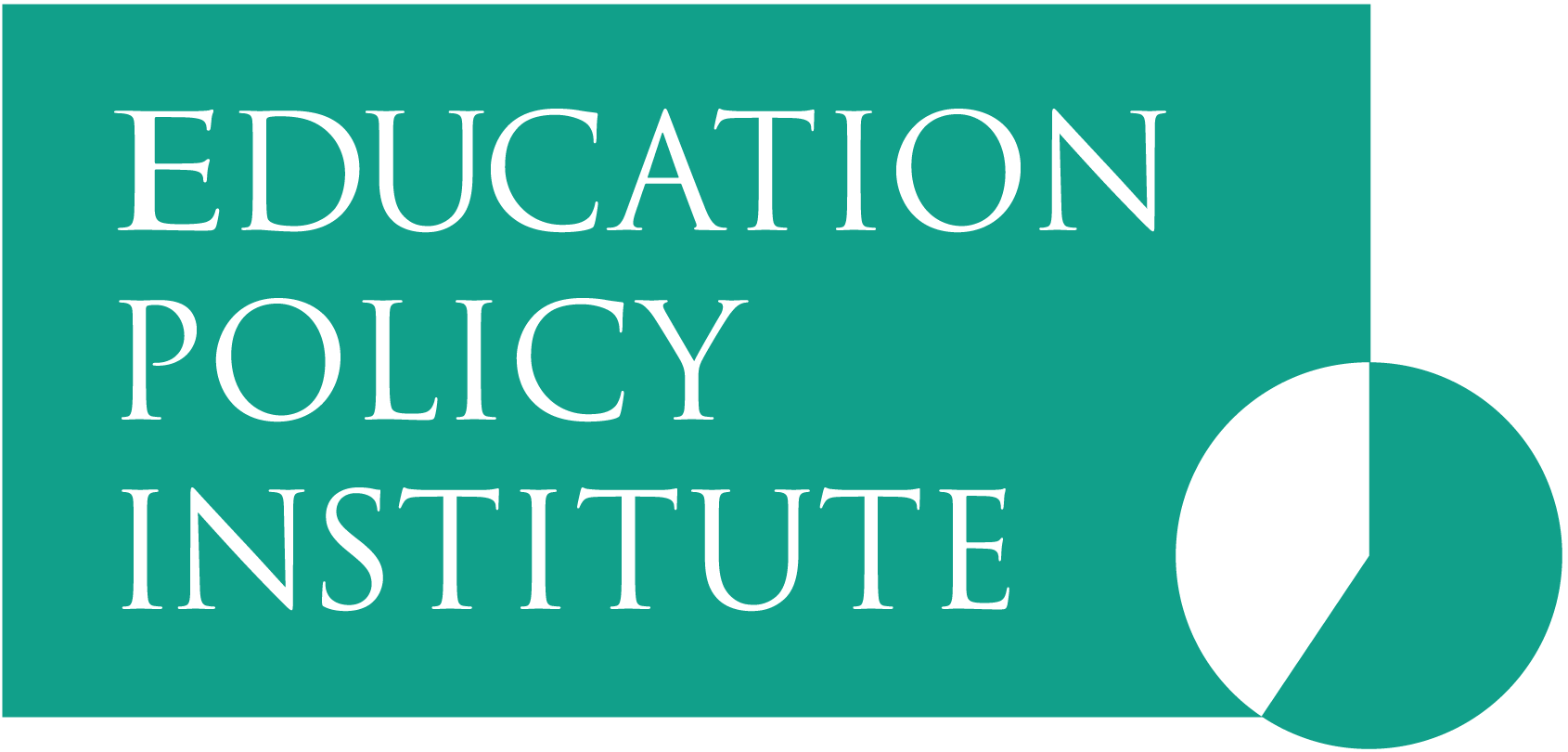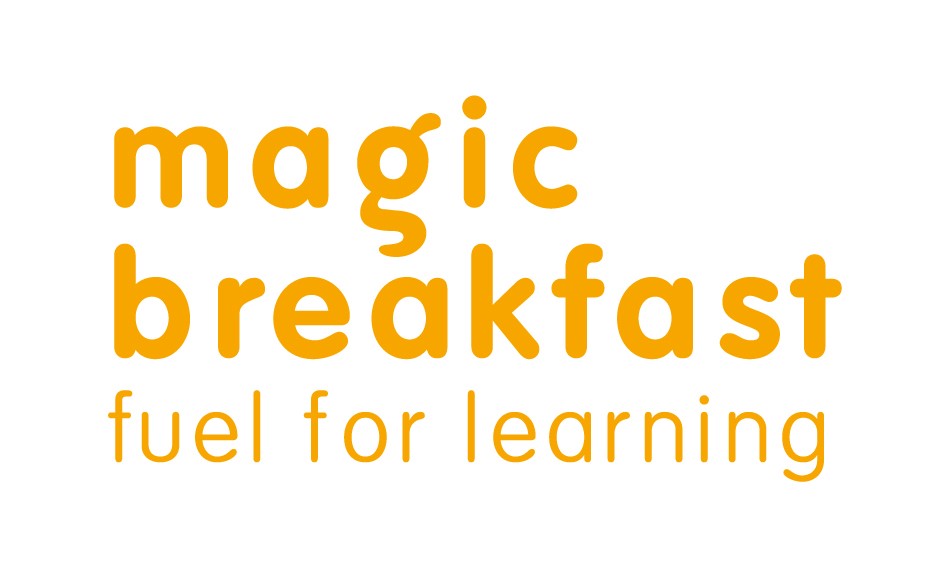At this year’s Labour party conference, the Education Policy Institute has partnered with Magic Breakfast to hold a public panel on: Breakfast for all: what does an effective school breakfast policy look like to tackle child poverty?
Labour has committed to introducing free breakfast clubs in every primary school as part of the development of a Children’s Wellbeing Bill, recognising the importance of a nutritious breakfast for health and educational outcomes in children and young people. Morning hunger “not only harms children’s lives now, it damages their future prospects, and holds back our economic potential as a country.” The sector has welcomed this important commitment but as we begin a new parliamentary term, it is critical to consider how to develop and implement Labour’s school breakfast policy to ensure it is effective in reaching those who need it most, thereby delivering Labour’s key mission to break down the barriers to opportunity and improve life chances for all children. To support this, it is worth looking to Scotland and Wales where similar commitments have raised issues around design and implementation.
30% of the UK’s children are living in poverty – in the year to April 2023, 4.3 million children were living in poverty, up from 3.6 million in 2010-11. We know that poverty affects many aspects of a child’s life: children in poverty are more likely to have poor mental health; suffer from asthma and other childhood diseases; experience isolation and miss out on opportunities and do less well in education. EPI research shows that the educational disadvantage gap opens very early, 40% of the gap is visible by the time children start school, and in 2022, pupils from lower socioeconomic backgrounds were almost 19 months behind their more affluent peers. For persistently disadvantaged children, or those eligible for free school meals for 80% or more of their time in education, the gap is even wider – almost 2 years by the end of KS4.
We also know that it does not have to be this way. There’s a wealth of evidence available on strategies to tackle child poverty and education has an important role to play, but all too often children are going to school hungry. Research from Magic Breakfast shows that providing breakfasts to ensure no child starts the day hungry improves attainment, attendance and wellbeing and from an economic standpoint, provides a major return on investment: every £1 invested in school breakfasts can generate over £50 for the economy in future.
This panel will bring together politicians, school leaders and other sector experts to discuss this question, considering what the rollout should look like to ensure all children have access; what we can learn from the examples of Scotland and Wales and how to ensure it truly helps to tackle child poverty and improve children’s wellbeing. Panellists will also consider what else the education sector can offer as part of a wider strategy to close the disadvantage gap for good.
We are delighted to be joined by Stephen Morgan MP, Minister for Early Education; Sophie Balmer, Board advisor for Magic Breakfast; Abby Jitendra, Joseph Rowntree Foundation; Nicola Noble, Surrey Square Primary School and Lorraine Kelly, Magic Breakfast. James Zuccollo, EPI’s Director for School Workforce, will chair this panel.
** Note: This event will take place in the conference secure zone. To access the secure zone you will need to obtain a pass directly from the Labour Party.**









